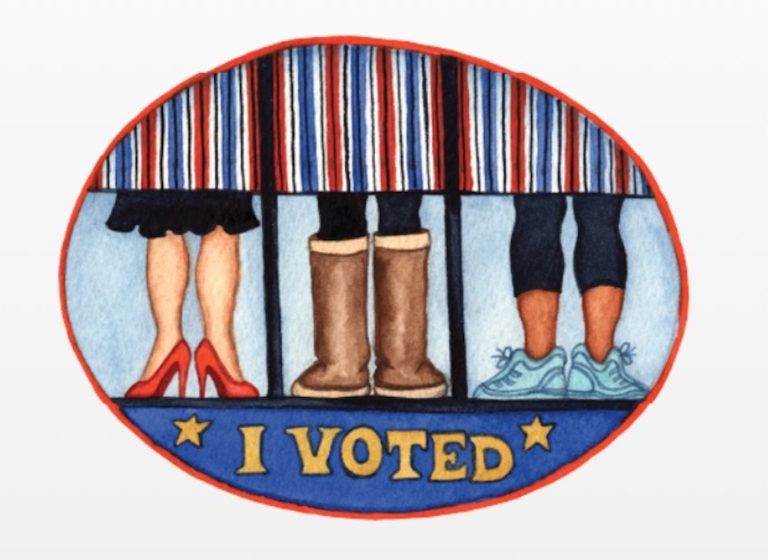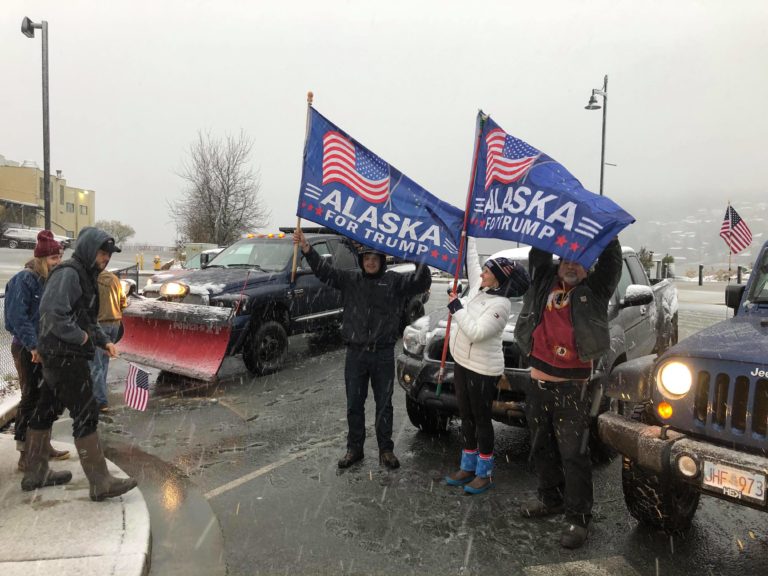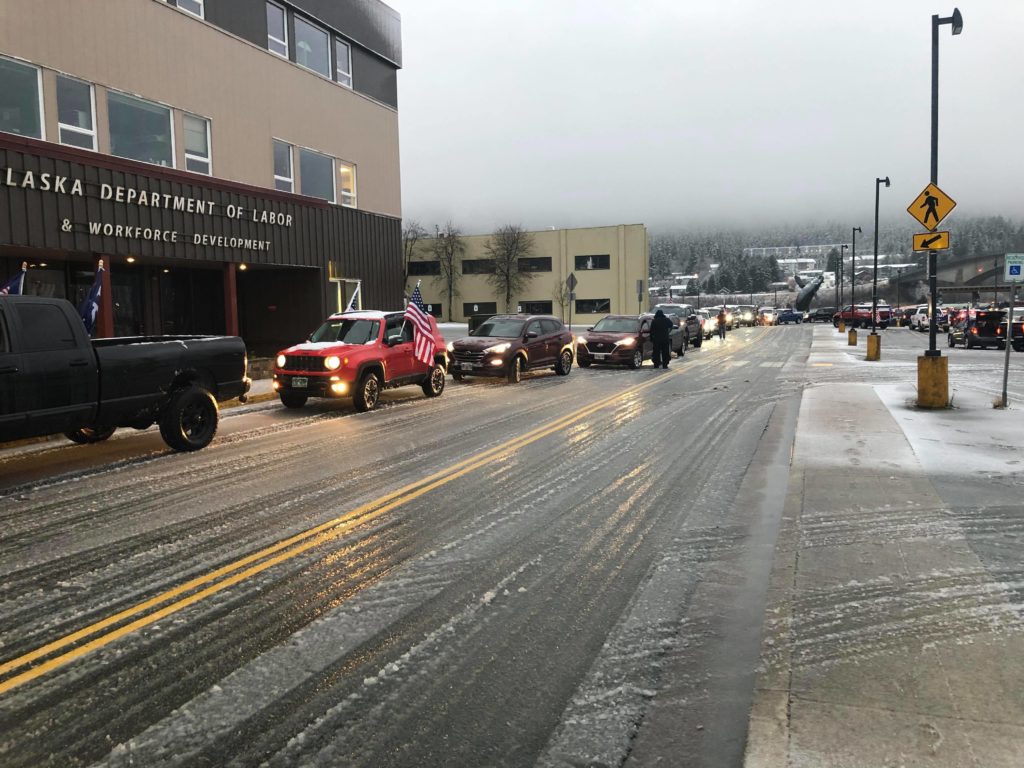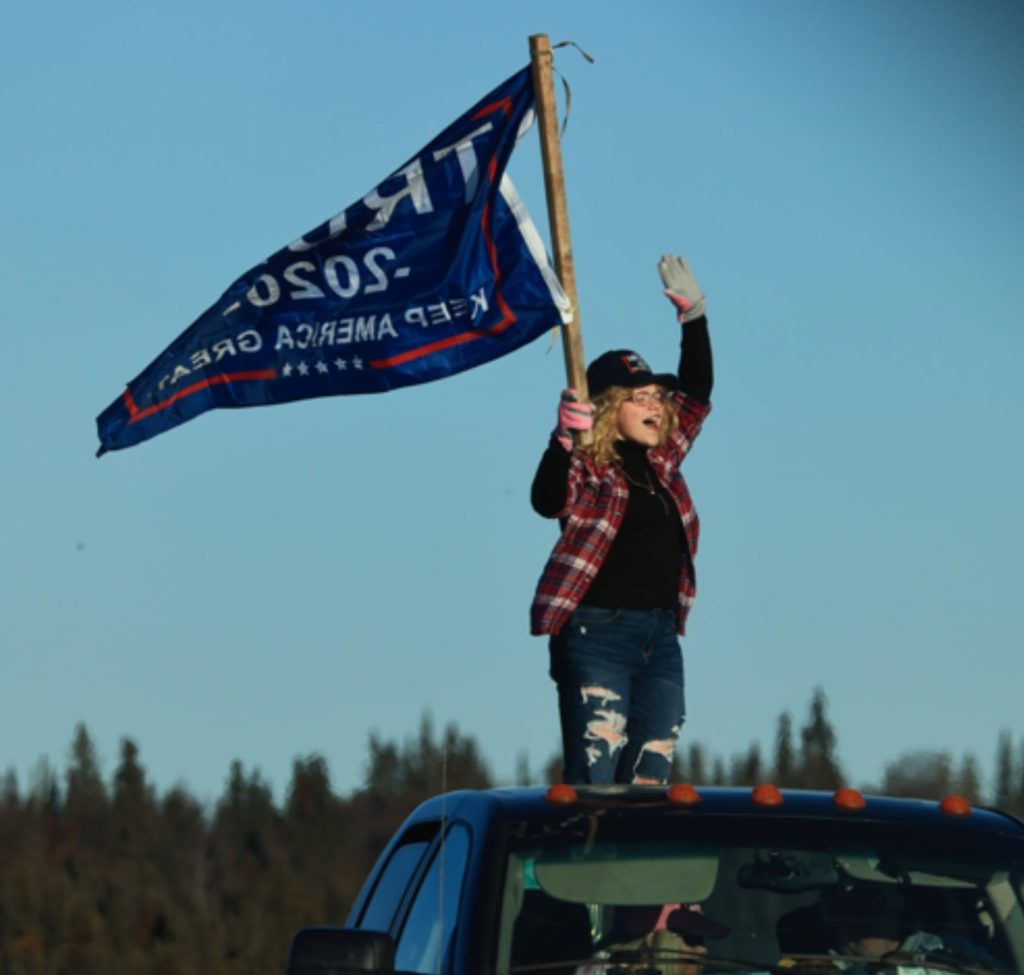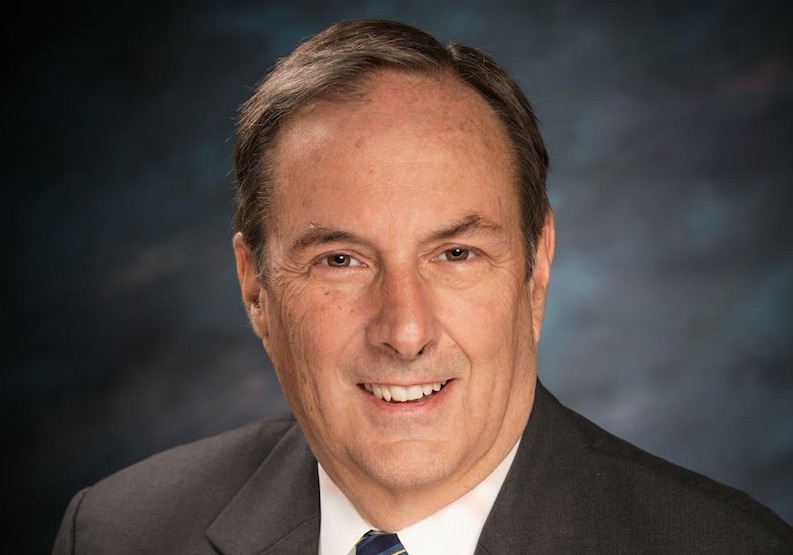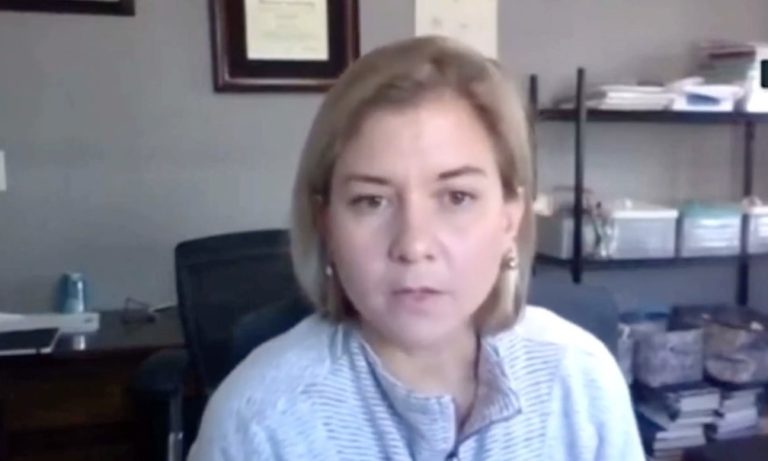By DEFEND ALASKA ELECTIONS
We write because Alaskans urgently need to know the truth about Ballot Measure 2. Much has been written about the well-documented dangers of ranked choice voting – thrown-out ballot percentages that reach 30%, a computer system that fails to establish a majority winner in 61% of elections, and massive increases in outside spending and partisan attacks that follow in its wake. But little has been written about the dark money fueling Ballot Measure 2.
As Alaskans head to the poll in a matter of days, you deserve the truth. Ballot Measure 2 is being funded by dark money and out-of-state billionaires. In fact, over 99% of their funding is from dark money sources and 99.5% of it comes from entities in the lower 48.
Many of you may be surprised by these figures. Millions of dollars in advertising has been spent claiming the measure is a solution to dark money.
The truth is that Kathryn Murdoch and her highly paid consultants in Alaska could care less about dark money. How could they when every paycheck they cash is funded entirely by dark money?
This may seem like an incredible claim, but we ask you to browse the 25-pages of election changes proposed by Ballot Measure 2 – the same 25 pages that were not provided to any of the signers of the ballot petition.
You will note that ballot initiatives are exempt from the proposed changes. That’s right – one of the largest sources of dark money in Alaska is given a loophole in order to allow Murdoch to continue to fund her New York agenda.
Not only does Murdoch not care about stopping dark money, she is openly lying to us. All throughout the campaign you’ve heard her shills claim that they disclose their donors on their website. This is false. The campaign’s website simply lists publicly available campaign finance reports that provide no details whatsoever on the “true source” of donations behind Ballot Measure 2.
The listed donors, billionaires Kathryn Murdoch of New York, Marc Merrill, the CEO of China-owned Riot Games, and John Arnold of Enron infamy, are simply individuals who have been named in the press. This information provides no insight into who is funding each billionaires’ dark-money networks.
It gets worse. These same billionaires unsuccessfully attempted to implement this same initiative in North Dakota earlier this year. Thankfully, North Dakota has a strong court system that stopped their illegal efforts to collect petition signatures without showing signers the initiative text.
In North Dakota, Murdoch’s operatives switched out the dark money portion of the initiative for a something called “Help Our Heroes Vote,” a popular measure that would mail overseas military ballots earlier.
Public records reveal that Murdoch’s campaigns paid Washington-based Patinkin Research Strategies to poll Alaskans in August 2019. She paid the same company to poll North Dakotans this April. In both cases, the poll took place shortly before the ballot measure was drafted.
It’s a clever plan. Murdoch begins by polling each state’s voters to discover their top bipartisan issues – in Alaska it was dark money; in Nebraska it was support for the military. She combines this topic with her ranked choice voting scheme and springs her trap on states who lack the population necessary to oppose her multi-million-dollar campaigns.
Next, she attempts to convince voters that her scheme was organically developed by state residents. In Alaska, she named her group “Alaskans for Better Elections” until she was forced to remove “Alaskans” from the name this summer when it turned out no Alaskans were funding her campaign. In North Dakota, she named her group “North Dakota Voters First.” Notably, only $250 of the $2.5 million she raised in North Dakota came from within the state.
As things get bleaker for Ballot Measure 2, Murdoch’s henchmen have become increasingly desperate. Recently, they sued Alaskans for simply disseminating research about the ballot measure – a clear attack on our First Amendment rights that goes hand-in-hand with their efforts to weaken Alaskans’ right to vote.
We’ve found that Alaskans, by-and-large, oppose Ballot Measure 2 when they learn the truth about what it does and the unscrupulous individuals behind it. But even though we’ve collected over 15 times the amount of Alaskan donations that Murdoch has, we cannot hope to match her $6.7 million in out-of-state dark money.
That’s why we need you. Please vote on Nov. 3. Encourage your friends and families to vote. We must stop Ballot Measure 2 before Murdoch and her billionaire friends destroy our fair and transparent elections.
Defend Alaska Elections – Vote No on 2
John Sturgeon is chairman of Defend Alaska Elections—Vote No on 2. He previously spent 12 years fighting to reverse federal intrusion on Alaska’s public lands, achieving victory at the U.S. Supreme Court twice.
Johnny Ellis is a former Democratic Alaska State Senator who served in the Legislature for 30 years.
Bernie Karl is a business owner, entrepreneur, inventor, and lifelong Fairbanksan.
Anna MacKinnon is a former Alaska State Senator and former Executive Director for Standing Together Against Rape.
Bob Candopoulos is President of Saltwater Safari Company, Inc
Carol Fraser Resource Development Council, Alaska Travel Industry Association, Alaska State Chamber of Commerce, Alaska Alliance for Cruise Travel.
Mead Treadwell is a former Alaska Lt. Governor and is an Arctic advocate and Alaska entrepreneur.
Kristin Mellinger is a businesswoman and former Executive VP of Arctic Slope Regional Corp.
Dick Randolph is a former Libertarian member of the Alaska Legislature and is a lifelong Alaskan.
Ralph Samuels is a former Speaker of the Alaska House of Representatives, a past President of the Resource Development Council and past Chairman of the Anchorage Chamber of Commerce.
Colleen Sullivan-Leonard is a current Alaska Legislator representing the Mat-Su Valley.
Lei Tupou is an Alaska Parole Board member.
Cheryl Markwood is owner/broker of Markwood Realty. Resident of Fairbanks since 2001 and has been active in Alaska politics and local elections for many years.
Joey Crum is a small Alaskan business owner.
Tim Navarre is a Kenai City Council Member, former Kenai Assemblyman; former Kenai School Board Member, and a lifelong Alaskan.
Stephanie Madsen is Executive Director of At Sea Processors Association and former Chair of North Pacific Fishery Management Council.
Stanley Wright is a Veteran, father, and longtime Alaskan.
Leslie Becker is a Republican candidate for Alaska House District 36.
David Pruhs is a Fairbanks City Councilman, Small Business Owner, and Lifelong Alaskan.
Dana Leask-Ruaro is a lifelong Alaskan, Alaska Native, & Native and Rural Activist.
Pete Zuyus is a retired telecommunications executive and Chief Information Officer at State of Alaska, advocate for seniors, and consultant.
Brittani Clancey is a mother of four.
Thomas Baker is a candidate for State Senate and Vice-Mayor of Kotzebue.
Bob Sivertsen is a lifelong Ketchikan resident, retired from City of Ketchikan; Husband, father, and grandfather.
Portia Noble is a local activist.
Mark Chryson is a business owner, former chair of the Alaskan Independence Party, and a sponsor of the original IRV bill.
Cynthia Erickson is the founder of My Grandma’s House ‘Setsoo Yeh,’ a safe haven for youth in her Tanana.
Mike Prax is a current Representative in the Alaska House, representing North Pole.
Susie Linford is an award-winning chef and longtime community pillar in Anchorage.
Steve Colligan is President at Alaska Drone Racing League.
Paulette Simpson is a 47 year Juneau resident and community volunteer.
Dave Talerico is a current Representative in the Alaska House for District 20 and is former Mayor of the Denali Borough.

